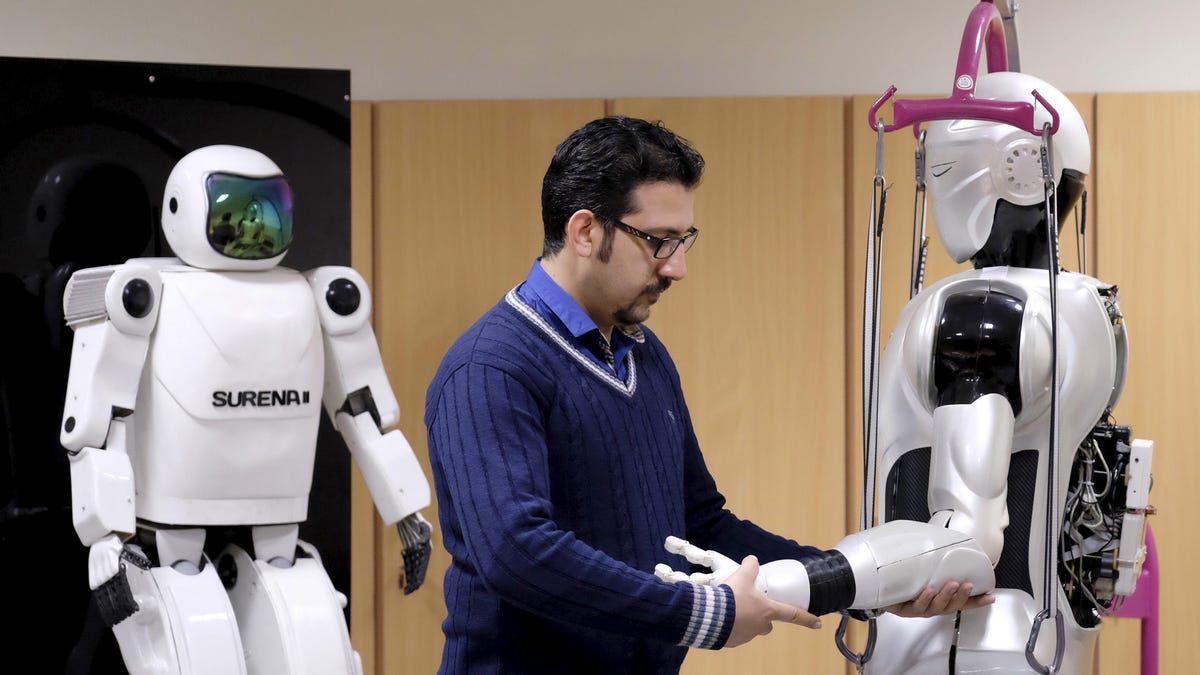Fears of automation replacing human jobs have persisted for centuries, resurfacing with the latest AI advancements. However, a recent study from MIT provides a reassuring outlook: most jobs are currently not economically viable for AI automation.
The research, conducted by a team of five MIT scholars and named Beyond AI Exposure, explores the feasibility of AI replacing human labor in the US, particularly in tasks conducive to computer vision such as teaching, property appraisal, and baking.
Interestingly, the study reveals that only 23% of wages for these roles could be feasibly automated by AI. Even with a 50% annual cost reduction, it is projected to be 2026 before half of the vision tasks become economically advantageous for machines. The report indicates that by 2042, tasks may still exist where human labor holds the upper hand in tasks involving computer vision.
The scholars anticipate that despite a 20% cost reduction per year, it will take considerable time for computer vision tasks to become cost-effective for businesses. Supported by funding from the MIT-IBM Watson AI Lab, the study utilized online surveys to examine approximately 1,000 visually aided tasks across 800 occupations. Presently, only 3% of these tasks are economically automatable, but this number could rise to 40% by 2030 given reduced data expenses and enhanced accuracy.
Reasons AI Won’t Rapidly Replace Jobs
While AI demonstrates proficiency in pattern recognition and image analysis, the associated setup and maintenance costs are substantial. In many instances, human expertise and intuition remain more cost-effective. Moreover, AI faces challenges with power consumption, hindering widespread implementation.
Unlike humans, who blend conscious and subconscious thinking, AI relies predominantly on statistical and symbolic logic. Consequently, tasks demanding intuition, instinct, and implicit knowledge—essential for human critical thinking and emotional intelligence—prove challenging for AI. These distinctive human traits are irreplaceable in the dynamic job landscape.
Undoubtedly, AI influences various sectors like banking, marketing, retail, law, transportation, and healthcare, ripe for increased automation due to repetitive functions and potential cost efficiencies. A report by Goldman Sachs in 2023 suggests that approximately 300 million jobs globally, constituting 18% of the workforce, could be impacted by generative AI. The MIT study also acknowledges that AI advancements, including enhanced data efficacy and precision, could substantially elevate its automation capabilities.
Nevertheless, the prevalent narrative of “machines stealing our jobs” appears overstated for the time being.






